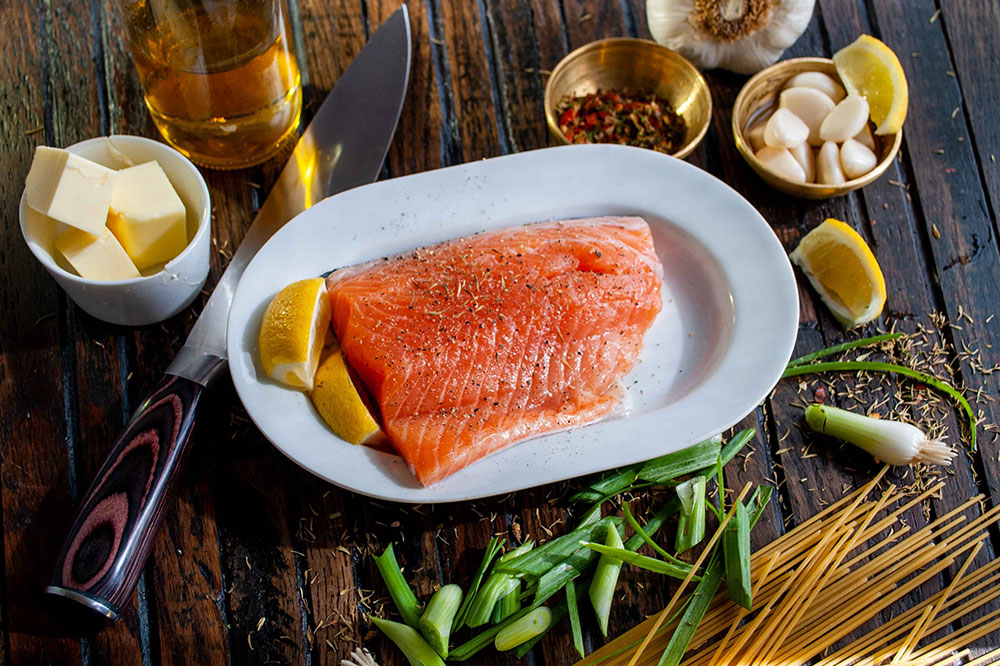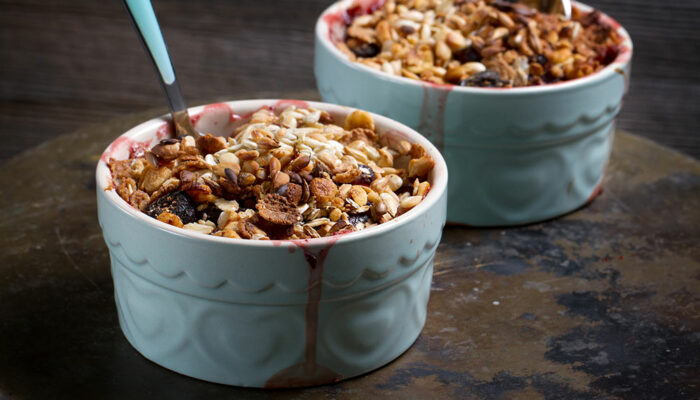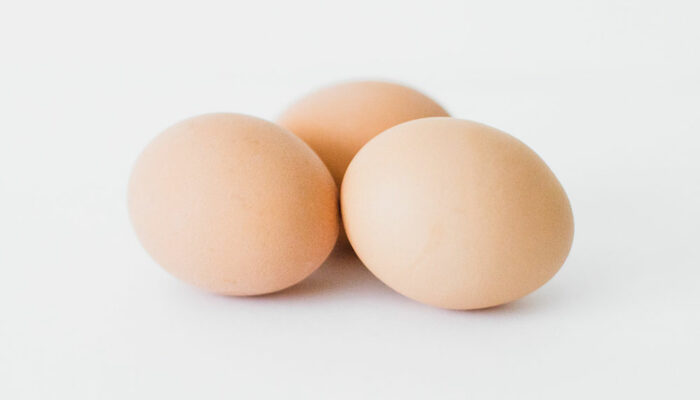
Foods to Eat and Avoid for Multiple Sclerosis
Anyone who has multiple sclerosis would want to take measures to tame it. Of course, you take your medication and visit your doctor frequently, but is your diet going to make any difference? Although no diet relieves you from MS, there are a few nutrients, which make the difference either for better or worse.
So, which are the best and worst foods to manage multiple sclerosis?
Foods to eat
- Whole grains
When you consume a meal with a high content of refined carbohydrates, it increases the body’s insulin levels. It stimulates a cascade of chemical processes, which can trigger the multiple sclerosis symptoms. Thus, switching to whole grains instead of processed carbohydrates or refined flour can better the fiber content. It helps promote healthy bowel habits, stabilize your blood sugar levels, and help patients with MS overcome fatigue. Some of the whole grains you can add to your diet are brown rice, quinoa, and oats.
- Fruits and vegetables
Amongst people with multiple sclerosis, the stomach issues are usually common. The best way to overcome it is by consuming a high fiber diet. When you are constipated, fiber helps soften the bowel movements. Further, in people who have diarrhea, the fiber can bulk the stool and resolve the issue. Consuming about 30 grams of fiber every day is great. Further, fruits and vegetables are also an excellent source of antioxidants, such as Vitamin A, C, and E. It reduces inflammation in the body.
- Turmeric
Inflammation is a common sign of multiple sclerosis. Thus, eating foods that ease inflammation can reduce the symptoms. Turmeric is a common household spice that contains curcumin, which helps fight inflammation and prevent the progression of multiple sclerosis.
Foods to avoid
- Reduce salt intake
If a patient with multiple sclerosis consumes high salt content in their diet, the symptoms are bound to relapse. Moreover, salt can increase blood pressure levels, and it is known that people with multiple sclerosis are at a greater risk of developing cardiovascular diseases. Thus, you must aim for salt less than 2300 mg of salt in a day. For someone who has heart disease, you should further reduce it to 1500 mg.
- Reduce saturated fats consumption
People with MS should also lower their consumption of saturated fats because that aggravates your risk of heart disease. Saturated fats are found in yogurt, full-fat cheese, red meat, whole milk, and butter. A few plant sources, such as palm and coconut oil, are also saturated fats. For anyone trying to prevent the flare-ups of multiple sclerosis symptoms, consuming saturated fats should not be more than six percent of the total calories.
- Ultra-processed foods
Ultra-processed foods have several additives, which increase the shelf life and enhance the flavor and color of the food. Additives used in processed foods tend to damage the mucosa of the intestine and hamper the body’s immune system. The right immune balance is needed to prevent or slow the progression of multiple sclerosis.
So, these, according to us, are the best and worst foods to manage multiple sclerosis.



